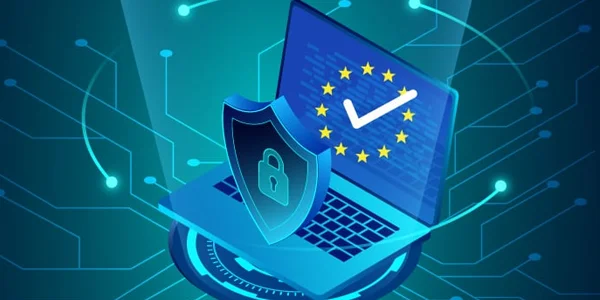Data theft can take many forms, such as
Hacking
When unauthorized individuals gain access to computer systems or networks by exploiting vulnerabilities in security measures.
Phishing
A technique where attackers use fraudulent emails, websites, or messages to trick users into revealing their login credentials or other sensitive information.
Insider Threats
Data theft can also occur from within an organization when employees or trusted individuals misuse their privileges to access and steal data.

Lost or Stolen Devices
Physical devices like laptops, smartphones, or external hard drives containing sensitive data can be lost or stolen, leading to data theft.
Malware and Ransomware
Malicious software can be used to infiltrate systems and extract data or encrypt it, demanding a ransom for its release.
Social Engineering
Cybercriminals manipulate people into divulging sensitive information or performing actions that facilitate data theft.















